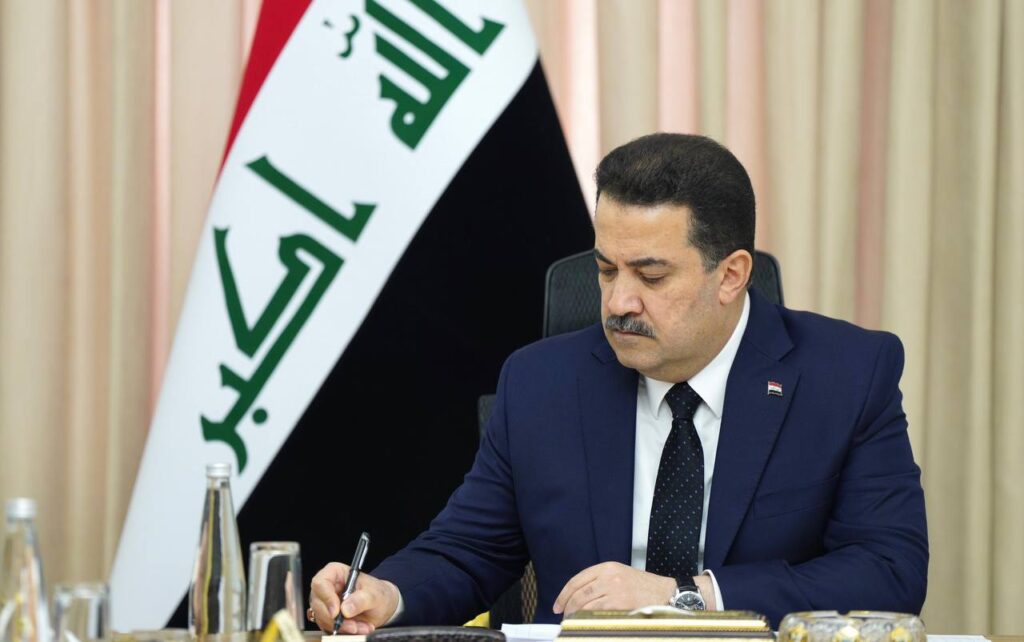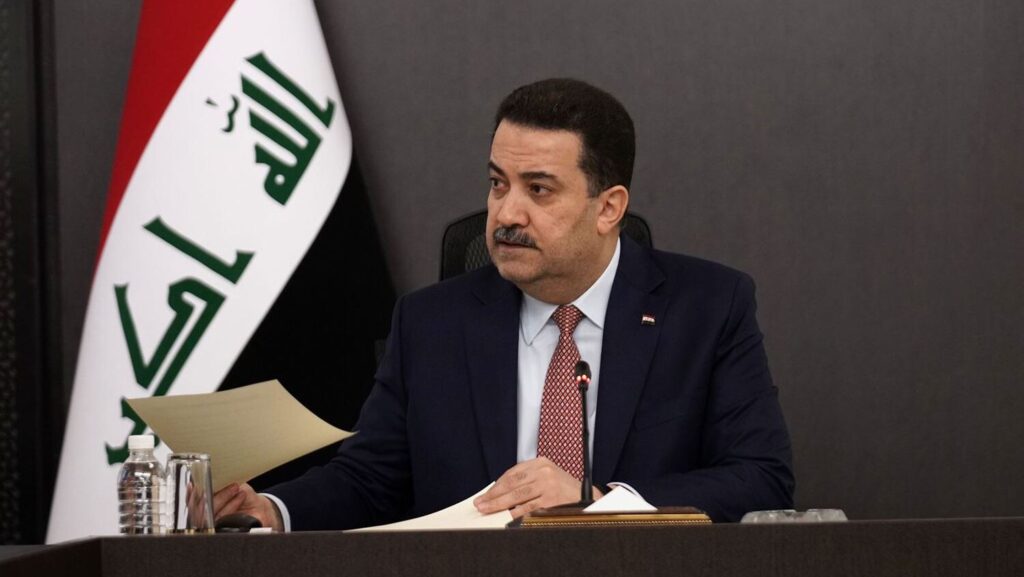Egyptian poet Abdel Rahman Yusuf held in Lebanon after celebrating Assad fall in Syria

Egyptian poet and government critic Abdul Rahman Yusuf was detained by Lebanese authorities on Saturday upon his return from Syria where he took part in celebrations marking the fall of Bashar al-Assad, his lawyer said.
According to lawyer Mohamad Sablouh, Yusuf, an Egyptian activist and dissident living in exile, is due to appear before a prosecutor on Tuesday, following a lawsuit brought by Egyptian and Emirati authorities, who requested his extradition.
“The extradition of Yusuf to Egypt would amount to a breach of Article 3 of the Torture Convention, which prohibits Lebanon from deporting a person to a place where they may be subjected to torture,” Sablouh said in a video on Facebook.
The lawyer added that Yusuf holds Turkish citizenship and that his defence will seek to send him to Turkey instead.
Yusuf is the son of Egyptian cleric Yusuf al-Qaradawi. He was among public figures who backed the 2011 revolution against late President Hosni Mubarak, and has also been a staunch critic of current President Abdel Fattah el-Sisi.
The Sisi government is notorious for jailing and torturing dissidents, and holds at least 60,000 political prisoners.
In videos from Damascus last week, Yusuf filmed himself at the Umayyad Mosque in Damascus celebrating the fall of Assad.
“I am here to celebrate the victory of my revolution. The Syrian revolution is my revolution. The Arab Spring is inseparable. Any attempt to separate the Syrian revolution from the Arab Spring is evil,” he said on 26 December.
Read More »“Rest assured the victory is imminent, in Egypt, Tunisia, Libya, Yemen, and all countries that revolted against injustice and tyranny,” he added.
Yusuf said that he is praying for the success of the Syrian transition, and hopes it won’t be hindered by efforts of Arab states including Egypt, Saudi Arabia and the UAE.
“We tell them you will not be able to do anything to stop the flood of change,” he said.
Yusuf’s video has been shared widely on Arab social media, prompting both support and criticism. Accounts associated with the Saudi Arabian and Egyptian governments waged an online campaign against Yusuf, accusing him of trying to stir unrest.





